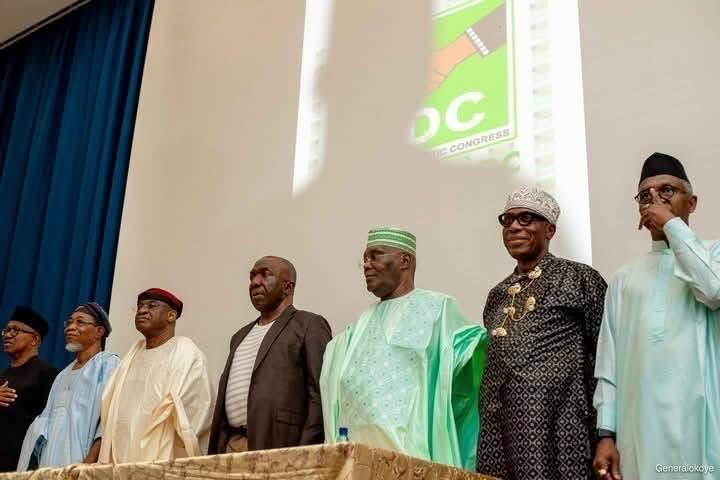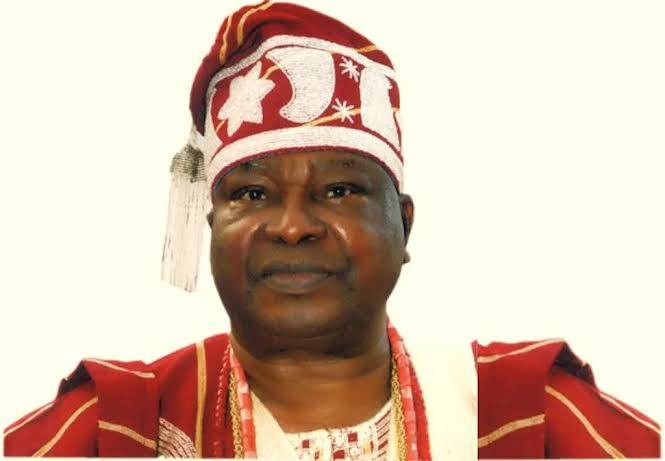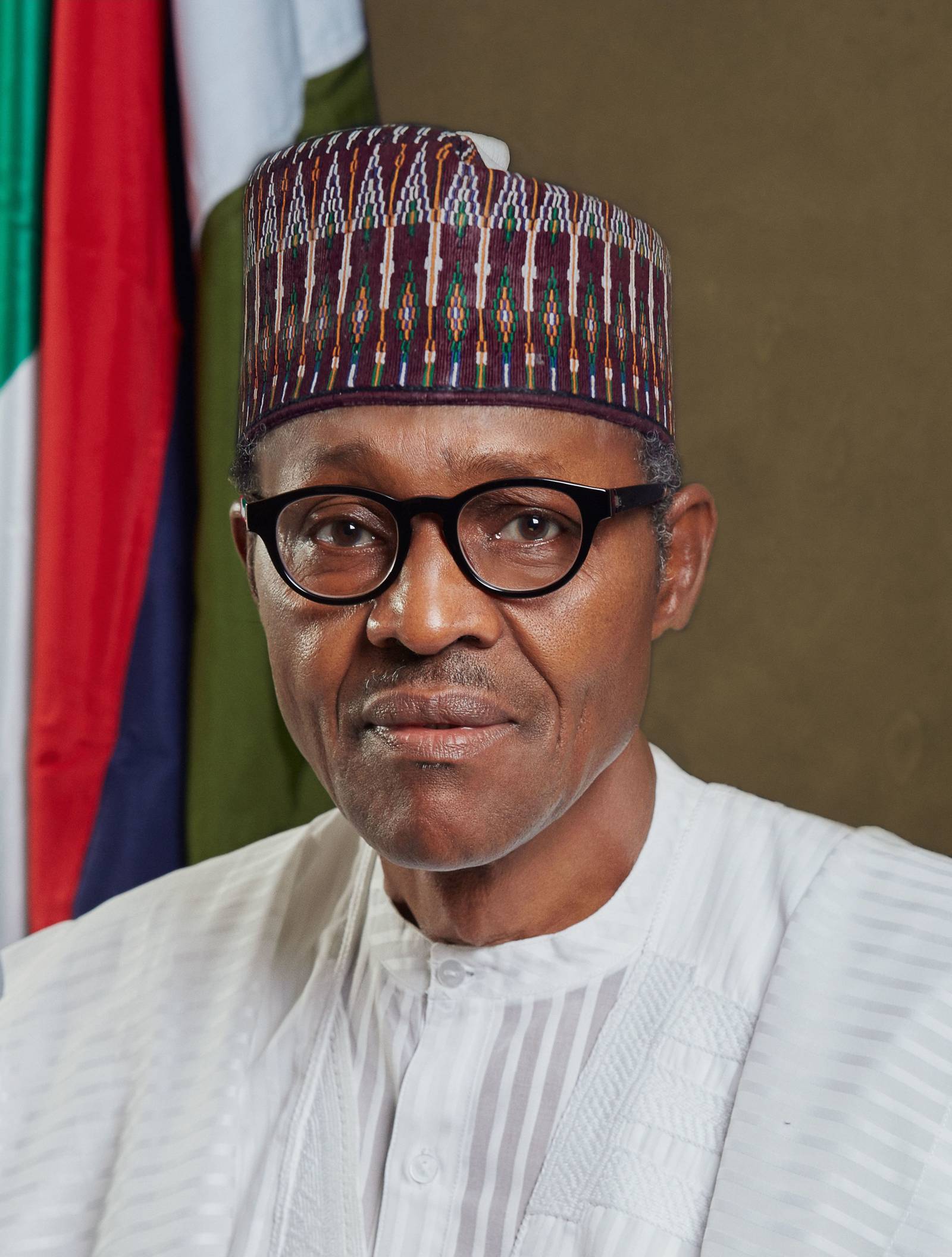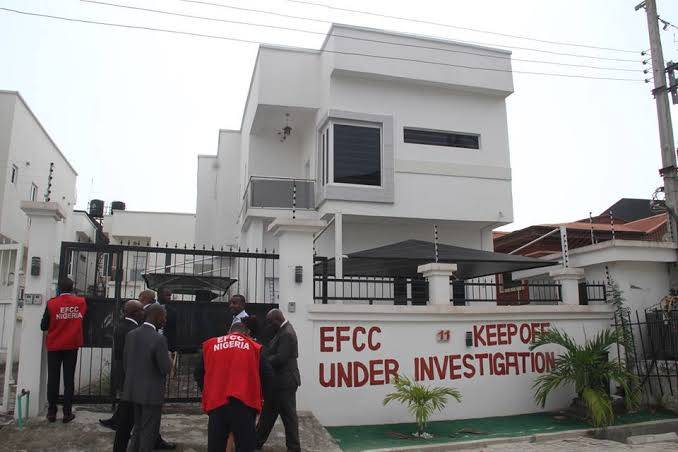• NIMASA decries illegal fishing exploitation by foreigners
The Japanese government has pledged $2.4 million to support Nigeria’s security infrastructure ‘Deep Blue Project’ to combat piracy in the Gulf of Guinea (GoG).
The Director-General of the Nigerian Maritime Administration and Safety Agency (NIMASA), Dr. Bashir Jamoh, disclosed this while engaging a delegate of the European Union led by the Senior Coordinator for the Gulf of Guinea, Ambassador Nicolas Martinez, on a working visit to inspect the Deep Blue Project assets at the Nigerian Navy Diving School.
Jamoh noted that the recent removal of Nigeria from the Piracy list by the International Maritime Bureau (IMB) was a result of the collective efforts of various stakeholders within and outside the country.
He added that the improved intelligence gathering and sharing among all stakeholders played a major role in the results the country is witnessing now.
“Our Deep Blue Project, the SPOMO Act enacted by the National Assembly, the convictions of criminals under the SPOMO Act, the commitment of the Nigerian Navy and other military arms of the Nigerian Armed Forces, not forgetting the support from the international community, all led to the reduction of piracy in the Gulf of Guinea,” he said.
On his part, Martinez commended the Nigerian Government for providing leadership in the Gulf of Guinea in the war against criminality in the maritime sector, which has yielded desired results.
He noted that the EU remains a committed partner to the Gulf of Guinea region and would continue to provide extensive and targeted assistance to strengthen the critical features of the Yaoundé security architecture, while cementing the long-standing relationship between ECOWAS member states, like Nigeria and the EU.
IN a related development, a Public Relations Officer of NIMASA, Chinweizu Amuta, has decried the underfunding and neglect of fishing industry over the decades, thereby leaving it vulnerable to illegal fishing exploitation by foreign vessels with China, the European Union and Belize, notable for illegally exploiting Nigerian waters.
Amuta said despite the important contribution that fishing makes to the livelihoods of Nigerians; the country loses $70 million each year to illegal fishing according to the House of Representatives.
This, he said, includes loss of license fees, revenue from taxation and the value that could have accrued from legitimate fishing by local vessels.
“The inherent nature of illegal, unreported, and unregulated (IUU) fishing makes it almost impossible to accurately quantify the full global economic impacts resulting from these activities.
“Like most countries in West Africa, Nigeria’s coastal waters contain diverse species of fish, which contribute to the food and economic security of its people. Small-scale fishing operations contribute 80 per cent of locally produced fish and support the livelihoods of 24 million Nigerians with around 73 per cent of those involved in fisheries in Nigeria, being women,” he said.
He added that in recent times, the NIMASA has taken a holistic and collaborative approach to address fisheries crime.
Amuta added that having identified the need for a national maritime security strategy to guide and facilitate inter-agency and regional cooperation, the agency incorporated combating IUU fishing activities as part of the remit of its Deep Blue Project.
He said with deep blue assets, the nation’s waters are expected to be protected from degradation due to pollution, exploitation and illegal fishing by unlicensed local and foreign operators.












